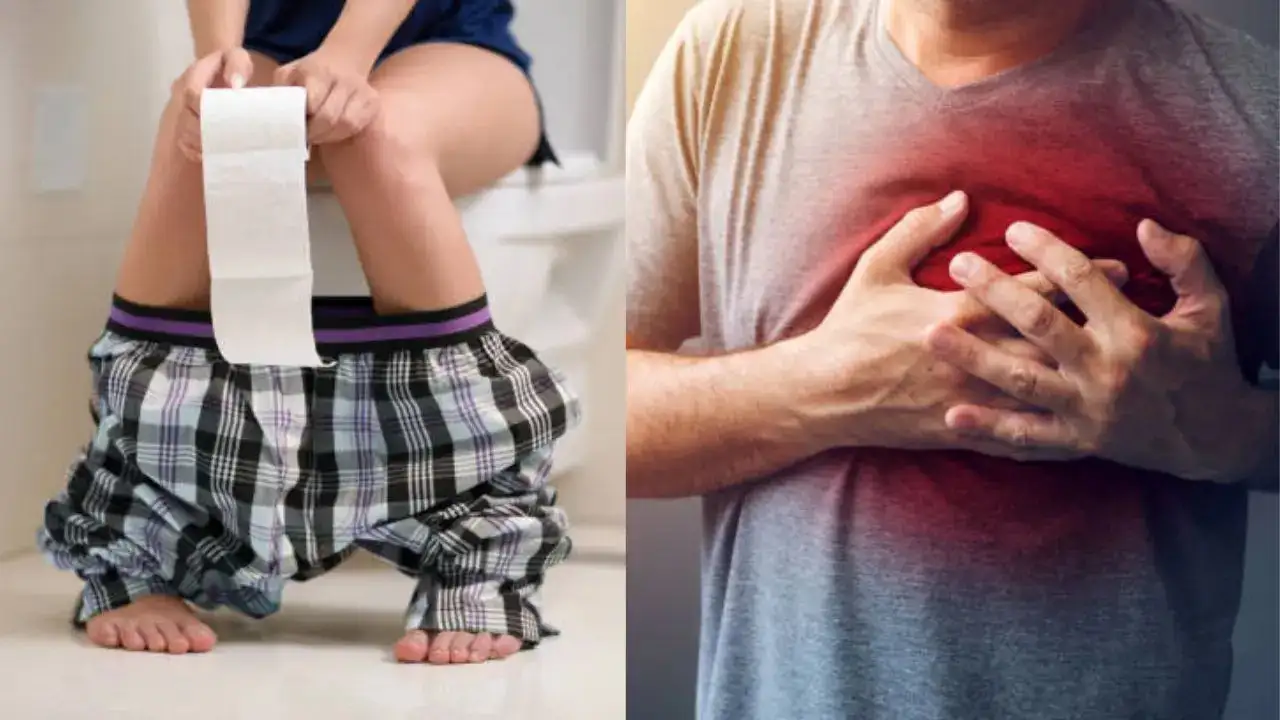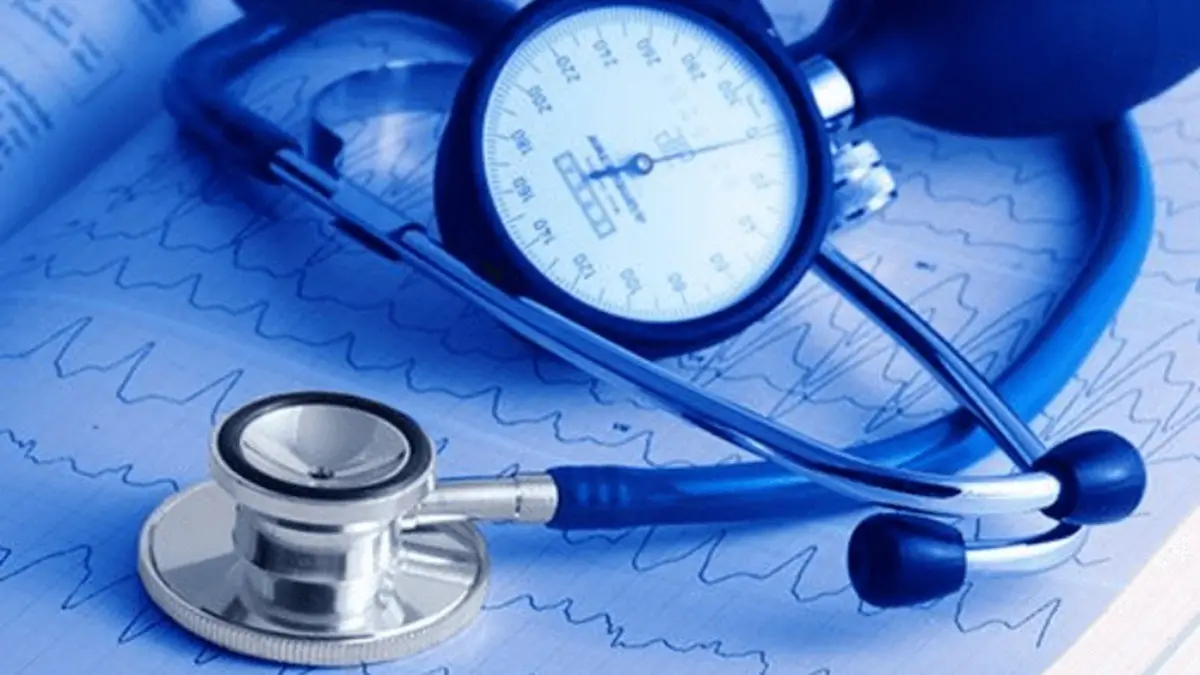Cardiologist Warns: The Most Dangerous Room in Your Home Where Thousands Faint or Die—Here’s Why
By Ashima Sharda Mahindra
Copyright timesnownews

While a cardiac arrest or heart attack can happen anywhere, anytime, you can be more prone to certain situations that may lead to it. According to leading cardiologist Dr Dmitry Yaranov, your bathroom can be identified as the most hazardous room. Dr Yaranov has warned that thousands of people across the world faint or even die there each year. Calling it the “silent danger hiding in your bathroom”, Dr Yaranov said the danger occurs due to constipation. Why is your bathroom dangerous for your heart? Dr Yaranov, in an Instagram post, said constipation stems from straining during constipation, which triggers the Valsalva manoeuvre—a forced breath-holding technique where you forcibly exhale with your nose and mouth closed, similar to bearing down during a bowel movement. It is mostly used to equalise pressure in the ears and sinuses, like during an aeroplane flight or scuba diving, and to medically diagnose and treat certain heart conditions, like supraventricular tachycardia, which affects your autonomic nervous system. Dr Yaranov said the action increases pressure in your chest, which can reduce blood flow to the heart, lower blood pressure, and eventually cut oxygen supply to the brain. Who is at a higher risk? People who are at risk of getting a cardiac arrest in the toilet include those: With an existing heart disease Those with arrhythmias Those on high doses of heart failure medications that already lower blood pressure Ways to prevent constipation Constipation can occur when your bowel movements become less frequent and stools become difficult to pass. It happens most often due to changes in diet or routine or due to inadequate intake of fibre. You should call your doctor if you have severe pain, blood in your stool, or constipation that lasts longer than three weeks. Since constipation can be extremely discomforting and painful, to prevent and get rid of it, experts recommend eating more high-fibre foods like fruits, vegetables, whole grains, and beans while reducing intake of processed and junk foods. Also, according to Dr Yaranov, it is imperative to stay hydrated by drinking plenty of water and other liquids. Go for regular physical activity, as exercise not only helps you move physically but is also important for the timely removal of waste through your colon. Do not delay any urge to have a bowel movement and establish a regular bowel habit, like after a meal.



